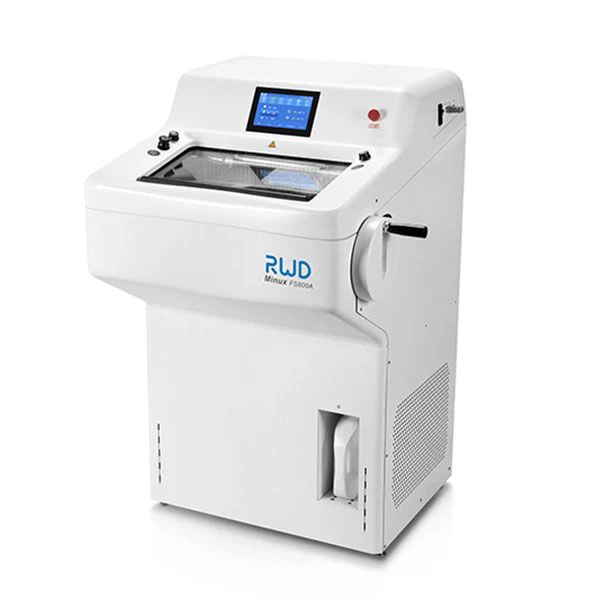One common area of technical inquiry involves the functional distinctions between different types of laboratory equipment. A question often directed to BPLabLine concerns the specific differences that separate a cryostat microtome from a routine microtome. The primary distinction is operational temperature, a factor that fundamentally influences their application and sample compatibility.
The Role of Sub-Freezing Temperatures
The defining feature of a cryostat machine is its integrated cooling system, which maintains the chamber and specimen. This sustained cold environment is essential for the cryostat microtome to perform its function: sectioning fresh or fixed tissue that has been frozen and embedded in a supporting medium. The low temperature solidifies the tissue, making it hard enough to be sliced thinly without compromising its cellular structure.
Contrasting with Routine Microtome Methodology
In contrast, a routine microtome, often called a rotary microtome, operates at room temperature. It is designed to section tissue that has been dehydrated, cleared, and embedded in a block of paraffin wax. The embedding process for a routine microtome is a lengthy, multi-step procedure that can take several days. The cryostat microtome bypasses this need for chemical processing and paraffin embedding, allowing for significantly faster sample preparation.
Divergent Applications and Diagnostic Speed
This fundamental difference dictates their applications. The routine microtome is the standard for detailed histology where long-term sample preservation is needed. The cryostat machine, however, is indispensable in situations requiring rapid analysis. Its ability to produce sections from fresh-frozen tissue in minutes is crucial for intraoperative diagnostics, where a surgeon may need immediate information to guide a procedure, or for the localization of certain antigens that are sensitive to processing for paraffin embedding.
The selection between a cryostat microtome and a routine microtome is not a matter of superiority but of appropriate application. For BPLabLine, the use of a precise cryostat machine is vital for testing services that demand rapid turnaround and the analysis of labile biological compounds, providing clients with critical data without the delays of traditional tissue processing.


